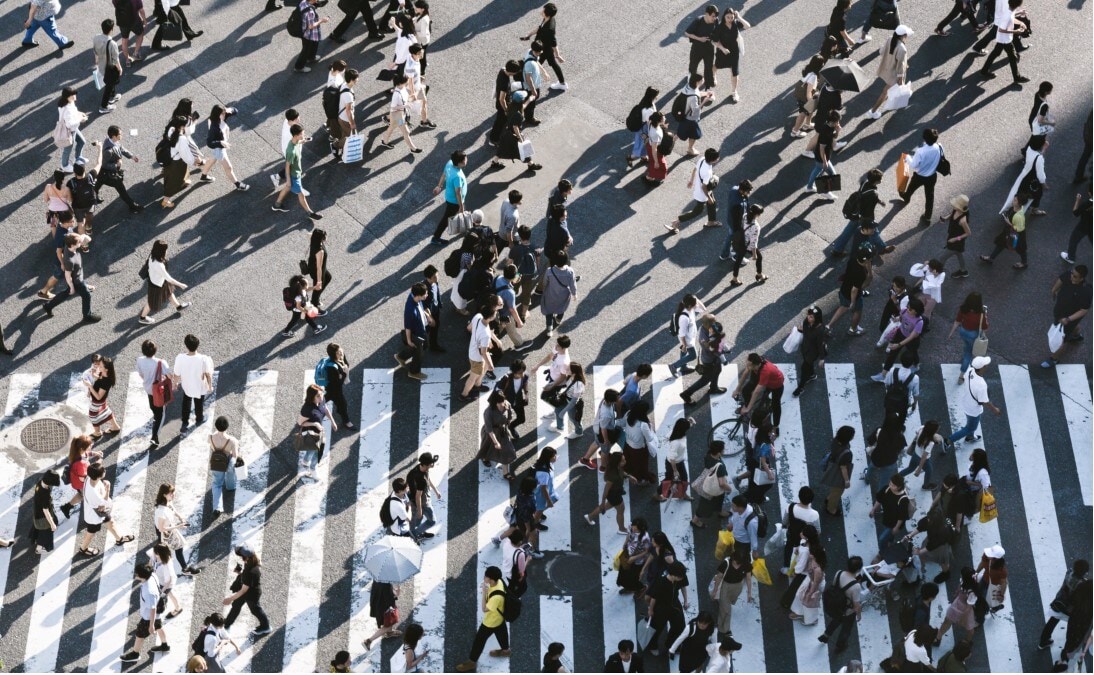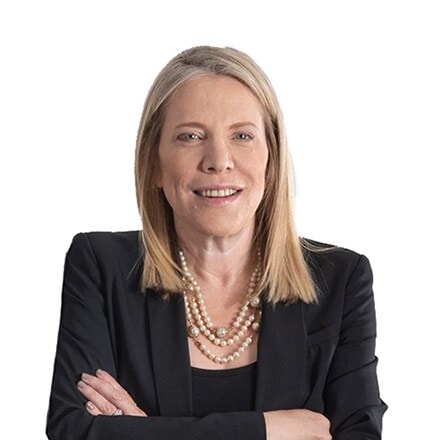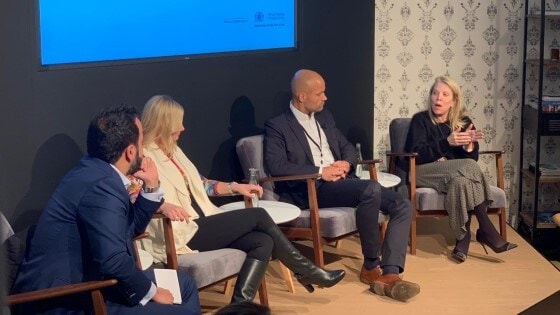In every debate about public health, from obesity to drug dependency, sooner or later the question comes down to resources. Who has the resources and how are they being used? These are some of the questions we explored in a new white paper, Public Health – Much Harder than Rocket Science, which was based on a recent global survey on today’s public health
issues.
As a company that sells products to consumers, it’s our business to try and understand human behavior, and behavior in the context of community and society. Fact: Our mission for a smoke-free future demands that we work even harder to understand
everyone’s thoughts.

In an IPSOS survey we conducted last September, the research company questioned 31,000 respondents in 31 countries. Unsurprisingly, the vast majority believe smokers should have access to less harmful alternatives to cigarettes and that governments should do all they can to encourage smokers who would otherwise keep smoking cigarettes to completely switch to better alternatives. The top-rated issue, where it came to the importance of government dedicating time and money was air pollution. Every year, approximately eight million people die from some form of air pollution, according to the World Health Organization.
Addressing this problem is key among those questioned. As always, the solutions aren’t easy – or cheap. There may be a groundswell of support for policies that reduce our fossil fuel emissions – until those policies impact our lives.
Just look at France. Introducing higher fuel taxes in a bid to cut consumption last year led to weeks of spontaneous violent protest. Result? The proposed increase was dropped. In another example, in the US, in the gridlocked and polluted city of Nashville, Tennessee, a USD 5 billion transit plan was proposed involving tunnels, rail and bus lines. This plan was then shot down by voters by an almost 2:1 margin over fears of tax increases. The truth is that people don’t like air pollution, but they don’t want to pay to tackle it – or give up convenience and comfort. Good luck with going off-grid.

This gets me thinking and I do have concerns when I drag other industries into my musings, just as I worry about tobacco and even harm reduction being dragged into conversations where we have no logical place. Yet, I do wonder: Is it possible that our best hope of addressing this problem is the car manufacturers themselves? The answer seems to present itself as yes, but only if governments and authorities provide incentives for consumers to buy and use them. There are many complex factors that go into changing behaviors, and a lot of complex science that goes into reducing global air pollution. But we have enough information to move in the right direction and support companies that are working towards fixing the future.Consumers rated it very important for governments to dedicate time and resources to tackle air pollution, but the power of solving the world’s environmental problems cannot rest solely on governments. Taxation and regulation can only get us so far on the journey. Corporations, with support from governments through incentives, are the ones in a position to innovate, drive change and provide real world solutions. If they can do that, why would the public not support it?
We have enough information to move in the right direction and support companies that are working towards fixing the future.
Marian Salzman
Senior Vice President, Global Communications *
Consumers rated it very important for governments to dedicate time and resources to tackle air pollution, but the power of solving the world’s environmental problems cannot rest solely on governments. Taxation and regulation can only get us so far
on the journey. Corporations, with support from governments through incentives, are the ones in a position to innovate, drive change and provide real world solutions. If they can do that, why would the public not support it?
So while I
did digress, it was to illustrate an obvious parallel to what we’re doing with our smoke free mission. We believe we have a better approach and a business model that makes sense, and that we are a passionate company who want to create a more
positive social impact to be proud of. Yes, working together with governments and consumers, we believe we can improve public health – and with the public’s backing, we can join a number of industries, who are trying to do the same and
be better.
* Marian Salzman was appointed SVP & Advisor to the CEO of PMI’s U.S. Business in September 2024.





